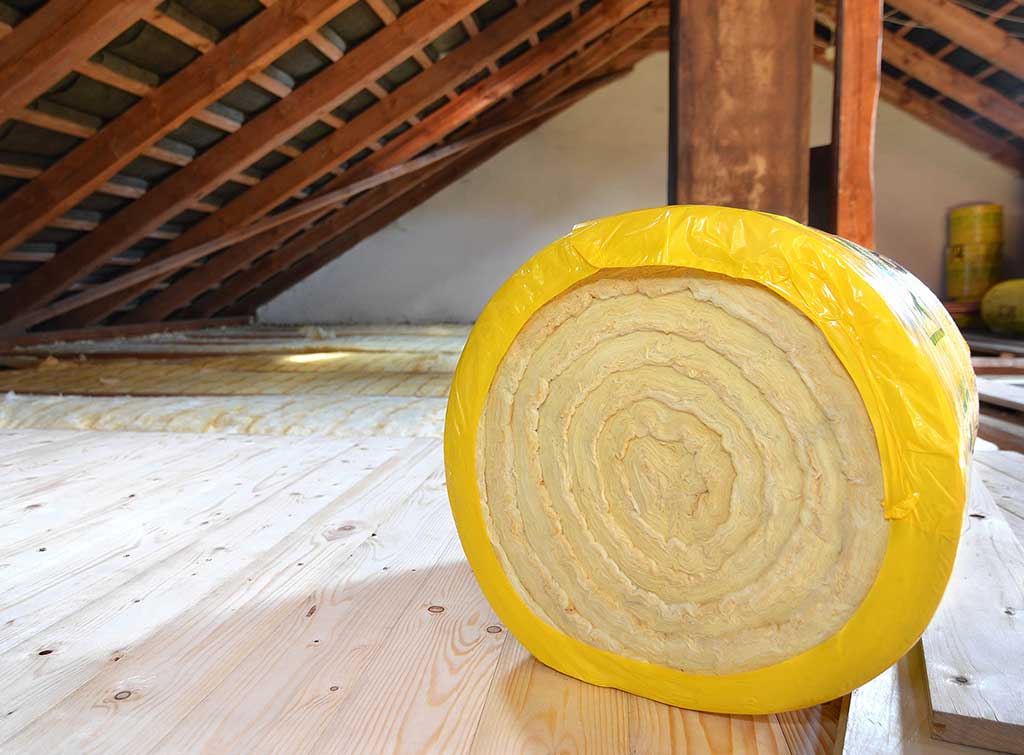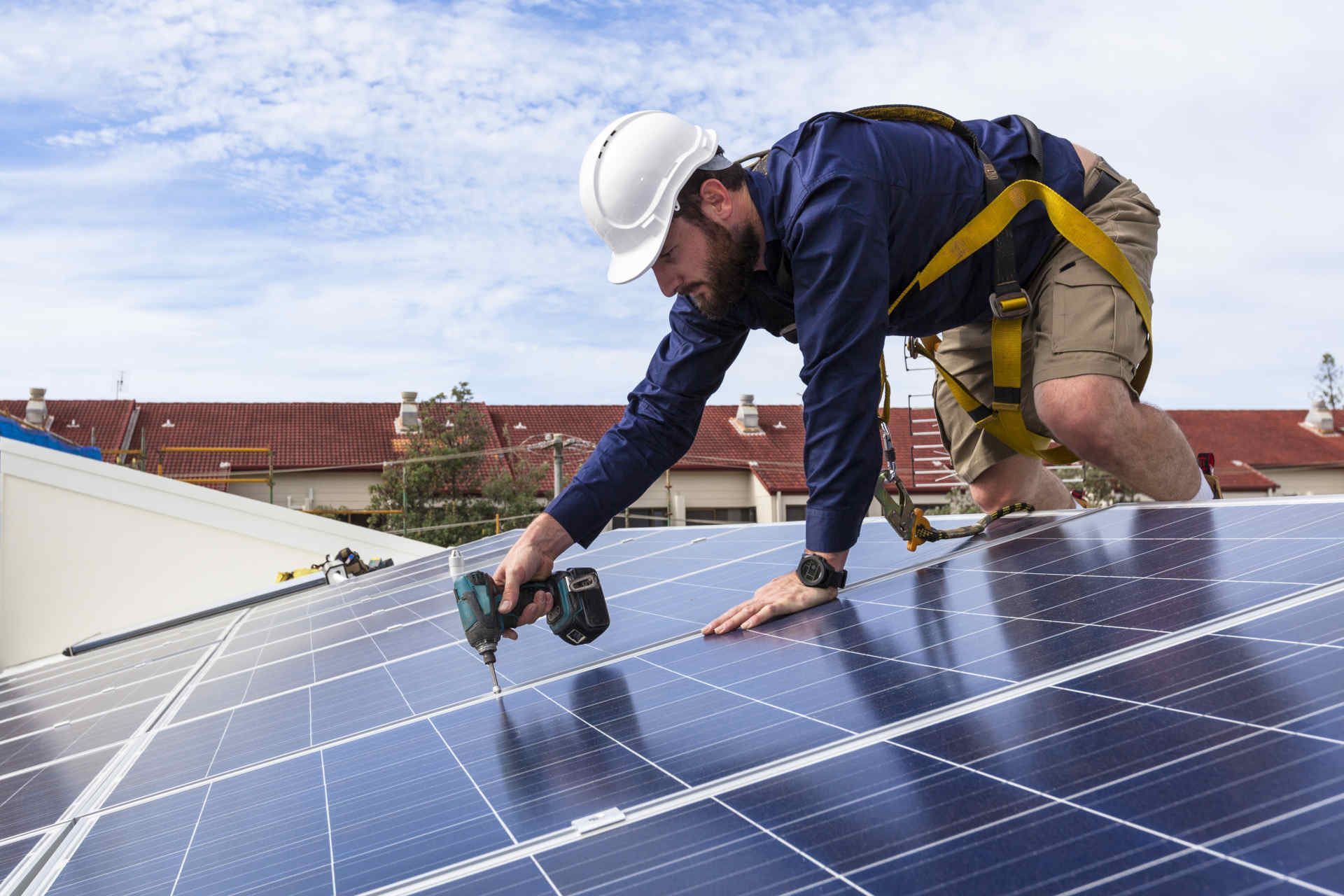Blog>Expert Advice>Electric heating options in 2025
Last updated: 24 October 2024
Electric heating options in 2025
Electric heating systems are growing in popularity with UK homeowners. We explore the types available, their pros and cons, costs, and where they're best suited, helping you to make the best choice for your home.

Environmental impact and energy efficiency continue to be top priorities for UK households, which is why many households are making the switch to electric heating systems.
It can be hard to know where to start. Whether you're looking to:
Change to electric to reduce your carbon footprint
Comply with updated building regulations as part of a large home renovation
In this electric heating guide, you'll find the various types available, electric heating system pros and cons, their cost, and how to choose the best option for your home.
See the tradespeople we've checked and recommend for your job
What is an electric heating system?
An electric heating system uses electricity as the primary energy source to provide heat (and potentially hot water) for a home.
Unlike gas or oil boilers, which rely on burning fossil fuels, electric systems can generate heat without emitting carbon directly. That makes them a low carbon source of energy.
When combined with renewable energy sources such as solar or wind, they provide an eco-friendly way to heat your home.
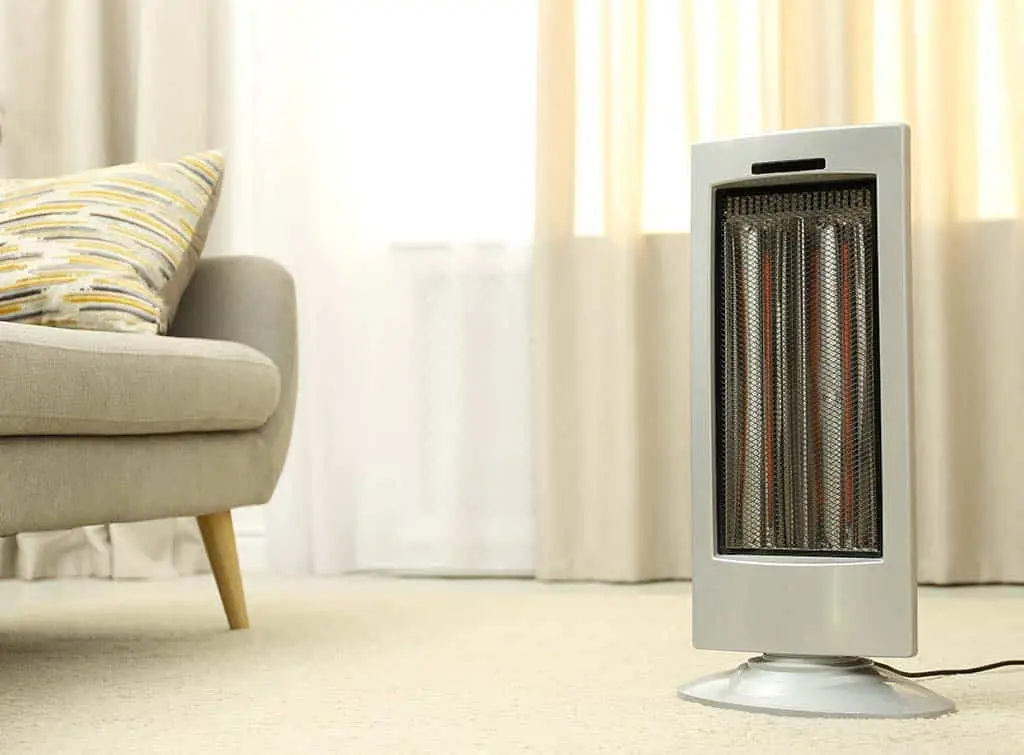
Why consider electric heating?
We've already touched upon some of the advantages of an electric heating system, but what are the main benefits of electric heating?
Environmental impact: Electricity can be sourced from renewables such as wind and solar, reducing carbon emissions compared with gas or oil
Energy efficiency: Electric heating systems often achieve 100% efficiency, meaning every unit of electricity is converted into heat. Some heat pumps can achieve 300-400% efficiency by transferring heat rather than generating it
Energy security: Resources of gas and oil are expected to run out within the next 40 years, therefore electricity could be the best solution for home heating
Energy independence: When paired with solar panels, electric heating systems cut fuel bills and carbon emissions
Wide variety of options: From electric boilers to infrared panels and electric underfloor heating, there are several types of electric heating available - something for every type of home
Flexibility: This type of system can be used flexibly to deliver heat to one room at a time, or to provide a 'boost' alongside other heating systems
Low maintenance: With no flues or pipes and fewer components, there's generally less scope for wear and tear and hence reduced maintenance costs
Government incentives: Grants, such as the Boiler Upgrade Scheme, can help with the cost of installing electric heating systems
See the tradespeople we've checked and recommend for your job
Types of electric heating systems
If you're beginning to be sold on the merits of electric heating, you'll be keen to know what your options are.
Naturally, each type of electric heating has things to consider:
Pros and cons
Cost considerations
Suitability (for the type of property and size of space)
Here's what you need to know to help weigh up the best choice of electric heating for your home...
1. Electric boilers
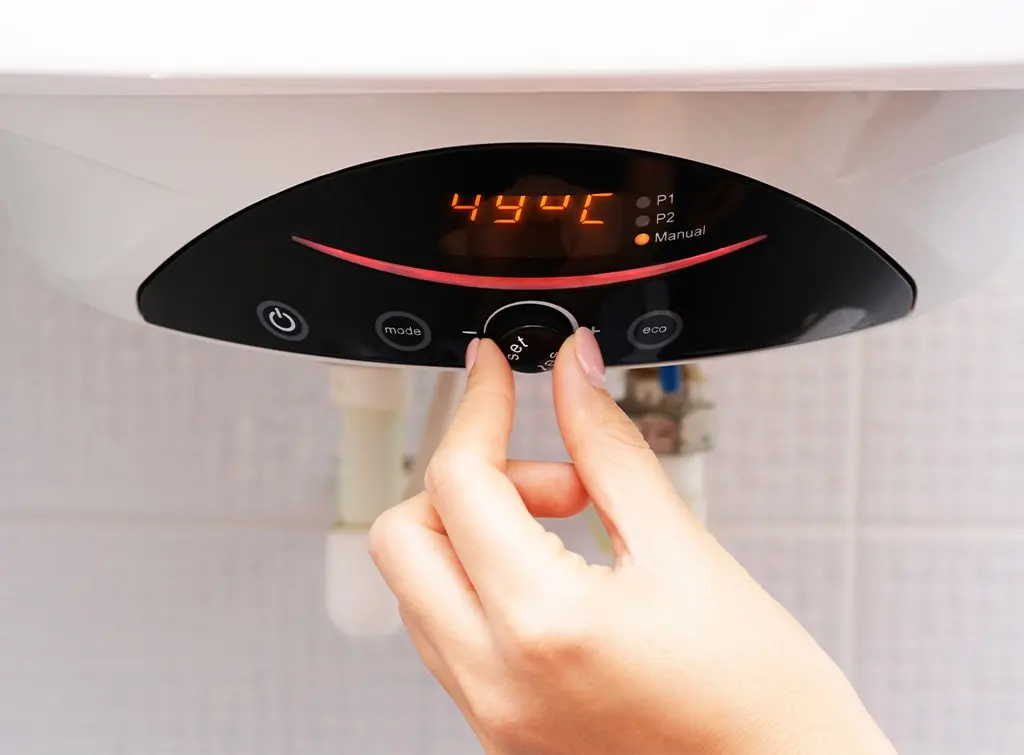
What are electric boilers?
An electric boiler uses electricity instead of gas or oil to produce heat and hot water for your home. It works similarly to a conventional boiler, but with no emissions, it doesn't produce flue gases.
Pros:
Compact - making them ideal for small homes and flats
Easy to install and maintain
Quiet operation
Highly efficient
A good option for homes not connected to the gas network
Can be powered by renewable energy such as solar panels
No emissions and no risk of a carbon monoxide leak
Cons:
Electricity has higher running costs compared to gas boilers
Limited heating and hot water supply for larger properties
A power outage would mean no heating
Best suited to:
Small homes, flats, and bungalows with lower demands on heating and the hot water supply.
Cost:
Electric boilers typically cost between £1,750 +and £2,500 +(supply only).
2. Infrared panels

What are infrared heating panels?
Infrared heating provides heat via radiation that’s targeted at the solid objects in a room, i.e. the objects, walls, and people within it. These objects absorb the infrared, warm-up, and radiate the heat back out, as opposed to traditional radiators, which heat the air in a room.
Pros:
Heats objects directly, leading to faster heat distribution
Highly energy efficient as no heat is lost
Reduces airborne dust, which can be beneficial for allergy sufferers
Heaters are controlled individually, room-by-room, saving money by not heating rooms unnecessarily
Low maintenance
Panels can be a good space-saving option due to their slim profile
No emissions and no noise
Cons:
The panels don't heat the air, so heat distribution can feel uneven in large spaces with multiple people
The initial cost can be high when installing multiple panels
Best suited to:
Targeted heating in living rooms or a home office.
Cost:
Infrared panels range in price from £100 - £500 for a single heater panel.
3. Electric storage heaters
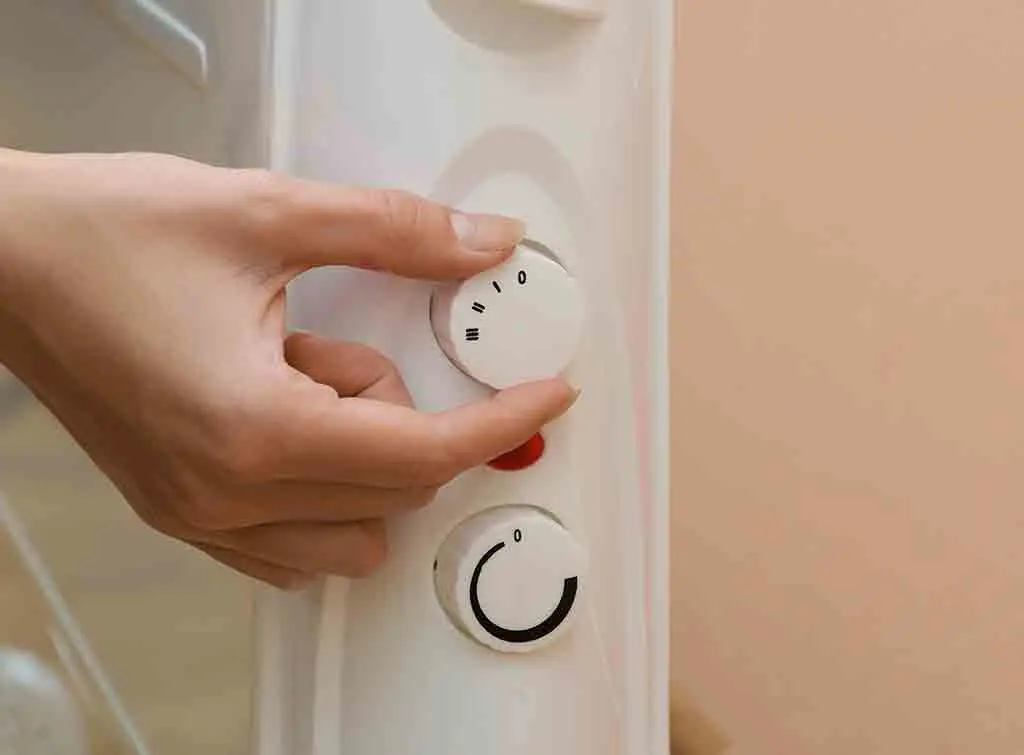
What are electric storage heaters?
Electric storage heaters use mains electricity to store heat during off-peak hours - typically at night when it's cheaper. The stored heat is then gradually released during the day.
Pros:
Homes on Economy 7 or Economy 10 tariffs can benefit from cheaper electricity during the night
Improved insulation in modern units keeps heat for longer and is more energy efficient than older models - many include thermostats and timers too
Cons:
The heat may run out before the evening when it's most needed
Not ideal for larger homes due to higher running costs
Best suited to:
Small to medium homes, flats, and bungalows with good insulation.
Cost:
Electric storage heaters vary in price, but expect to pay between 1–2 hoursfor a basic model.
4. Electric underfloor heating
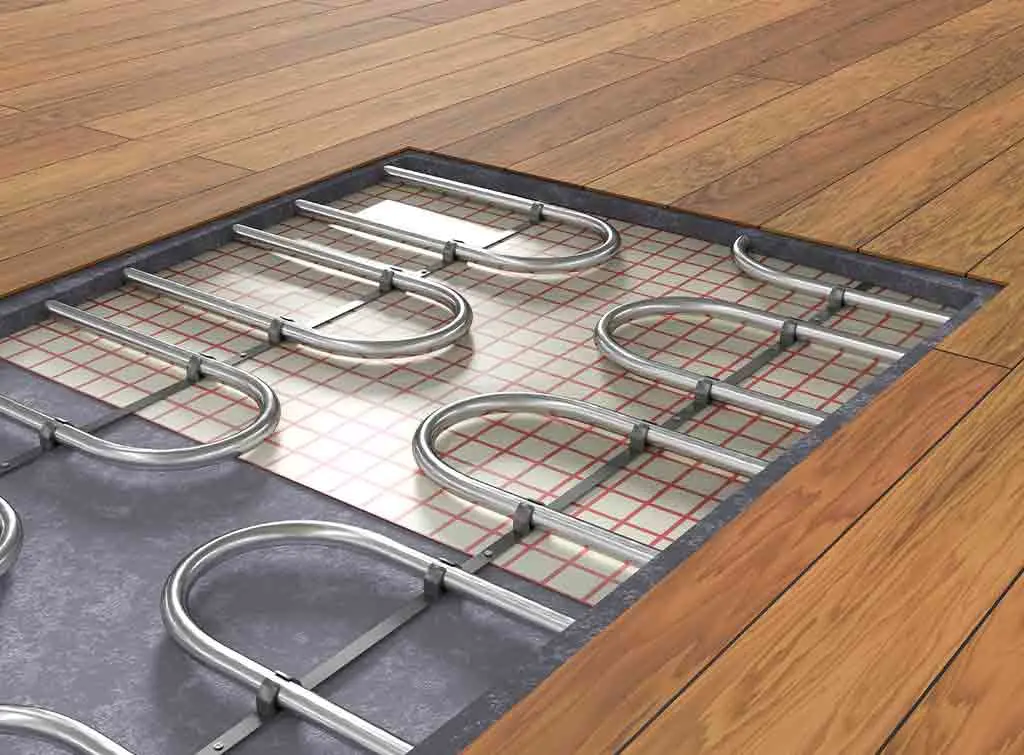
What are electric underfloor heating systems?
Electric underfloor heating systems are sometimes called 'dry underfloor heating systems'. They use electric cables or mats installed under the floor to generate heat, which radiates upwards into the room.
Pros:
Efficient and even heat distribution
Frees up wall space
Easier and cheaper to install than 'wet' underfloor heating
Cons:
Can be costly to run, especially in larger spaces
Takes time to heat up, making it less suitable if you need heat quickly
Best suited to:
Smaller rooms such as a bathroom or kitchen, especially where a warm floor underfoot provides additional comfort. It's not typically used to heat an entire property.
Cost:
In a new build, expect to pay around £50 - £75per m², but if part of a renovation, prices are more likely to average around £60 - £85 per m².
5. Air source heat pumps
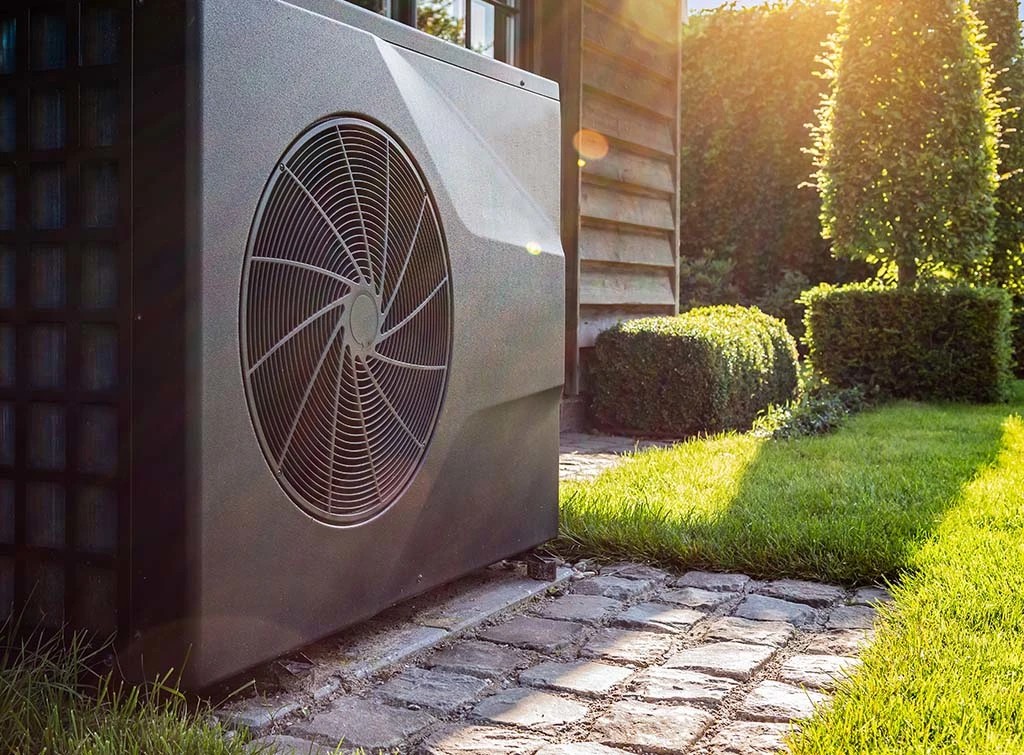
What are air source heat pumps?
Air source heat pumps (ASHPs) are renewable heating systems that extract heat from the outside air and use it to heat your home. They pass outside air over refrigerant fluid in a heat exchanger, which is then compressed to increase the temperature and transferred to the central heating system.
Pros:
Extremely energy efficient - reaching up to 400% in some cases
Renewable heating source
Can be used for both heating and cooling
Long lifespan and little maintenance required
Grants available through the Boiler Upgrade Scheme
Cons:
High upfront costs
Requires outdoor space for the external fan unit
Home must be well-insulated
May need a hot water tank for larger homes
Best suited to:
Well-insulated homes with outdoor space. If used to provide hot water, you'll need space for a hot water tank indoors too.
Cost:
To supply and installan air source heat pump ranges in price from £2,000-£20,000.
6. Ground source heat pumps
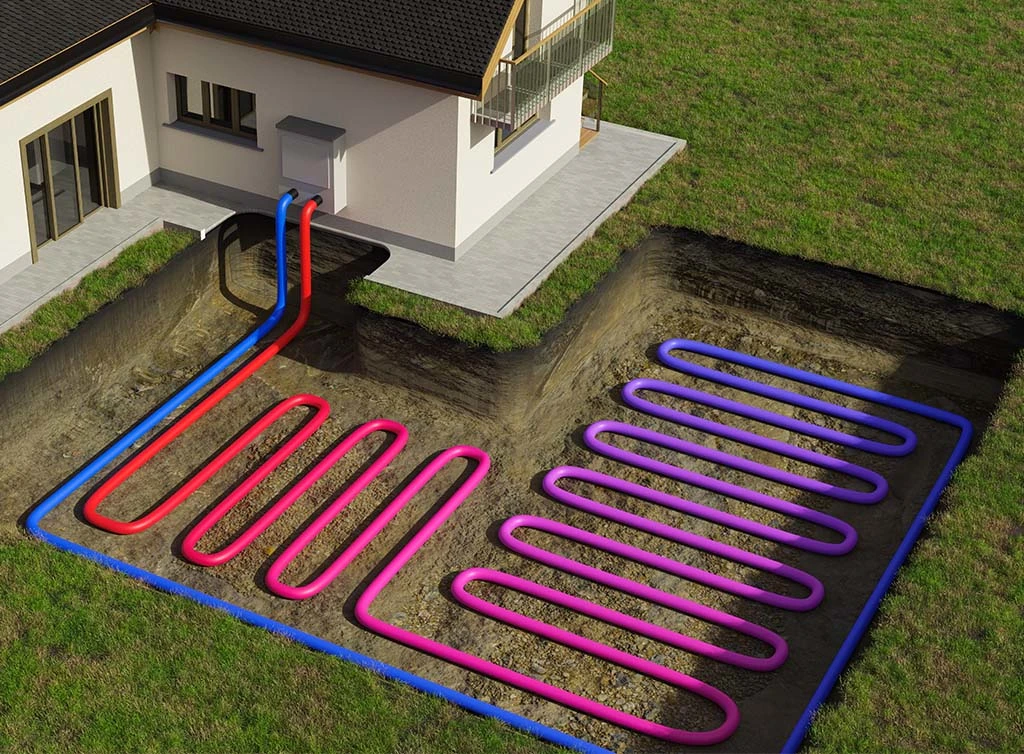
What are ground source heat pumps?
Ground source heat pumps use a network of pipes buried in the ground to absorb heat from the earth, which stays at a constant temperature year-round. Refrigerant fluid is circulated through the pipes, drawing heat from the ground, which is then compressed and transferred to your home's heating system.
Pros:
One of the most efficient types of heating systems available
Renewable energy source
Long lifespan (up to 50 years)
Grants available through the Boiler Upgrade Scheme
Cons:
Very high upfront cost
Require significant outdoor space for the groundworks
Home must be well-insulated
Disruption to your outdoor space during installation
Best suited to:
Large properties with substantial outdoor space, making them more popular in rural areas.
Cost:
To supply and installa ground source heat pump ranges in price from £18,000 and £44,000.
7. Hybrid heating systems
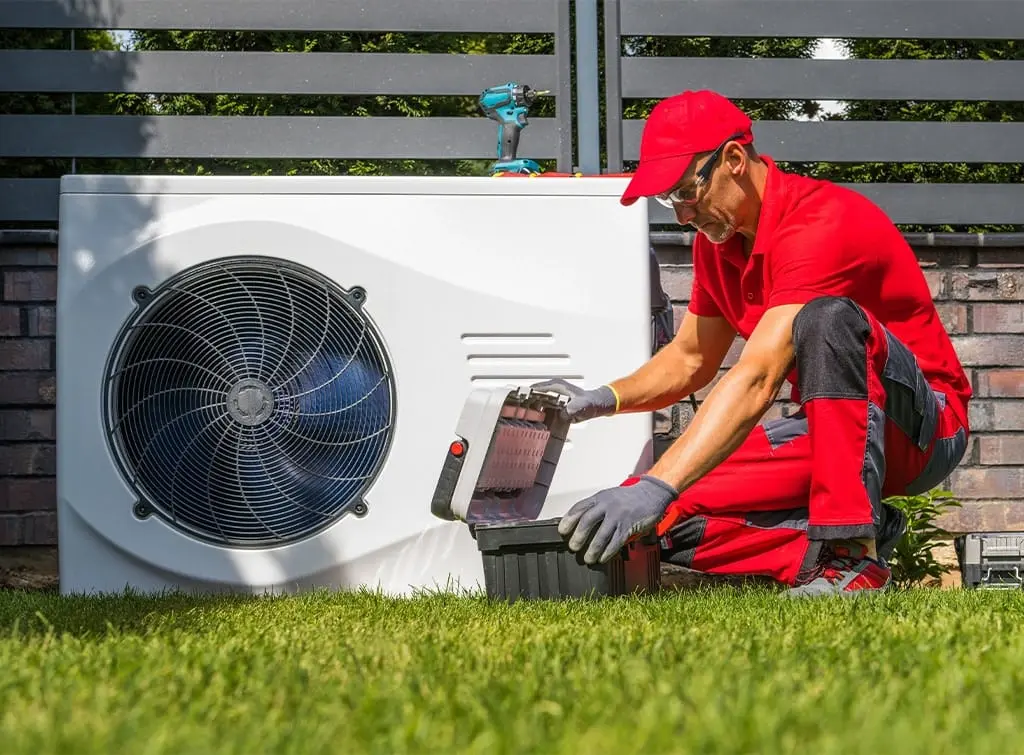
What are hybrid heating systems?
Hybrid heating systems combine a conventional boiler, often gas or oil, with a renewable heating system, such as an air or ground source heat pump.
The system automatically switches between the two heat sources depending on which is more efficient at any given time.
Pros:
Combines the efficiency of a heat pump with the familiarity and reliability of a gas or oil boiler
A good way to transition your home towards greener energy
Cons:
Higher upfront costs due to the dual system
Requires space for both a heat pump and a boiler
Best suited to:
Homes transitioning from traditional gas to electric heating, particularly larger properties.
Cost:
To supply and installan air source heat pump and new boiler typically costs in the region of £16,000.

On Checkatrade, you'll only find trades who meet our high standards and pass up to 12 checks.
How much do electric heating systems cost?
When researching the cost of an electric heating system, factor in the cost of the system, plus installation, and ongoing running costs.
Here's a summary to act as a guide:
Supply costs
| Type of heating | Cost |
|---|---|
| Electric boiler | Between £1,750 + and £2,500 + (supply only) |
| Infrared panels | Ranges from £100 - £500 for a single heater panel |
| Electric storage heater | Between 1-2 hours for a basic model |
| Electric underfloor heating | Between £50 - £75 per m² (for a new build install) and £60 - £85 per m² (for a renovation) |
| Air source heat pump | Ranges in price from £2,000-£20,000 |
| Ground source heat pump | Ranges in price from £18,000 and £44,000 |
| Hybrid heating systems | Supply and install an air source heat pump and new boiler typically costs in the region of £16,000 |
| Last updated: October 2024 Our costs are ballpark averages - get a local tradesperson to quote now | |
Remember, these costs are ballpark figures. For an accurate quote for your project - including the cost of installation, contact a local heating engineer.
Electric heating running costs
The average price of electricity in the UK is about 24.5p/kWh, while gas is significantly cheaper at 6.04p/kWh. This is just a unit cost, however. For more detailed information, take a look at our guide to gas vs electric heat costs.
Generally speaking, electric heating is more expensive to run, but there are several ways to be more economical with your home heating:
Off-peak tariffs: Homes on Economy 7 and Economy 10 benefit from cheaper electricity during off-peak hours
Battery storage systems: If combining solar and electric heating systems, battery storage allows you to store excess energy for use when you need it (ideal in the event of a power outage)
Smart home systems: Smart thermostats such as Nest or Hive are helpful ways of monitoring and reducing energy usage
Available grants
Providing you meet eligibility criteria, you could apply for a government grant of up to £7,500 to help towards the cost of a heat pump.
Is your home well-insulated?
For maximum efficiency from your heating system, it's recommended to ensure your home is well-insulated. This can be achieved in several ways, addressing heat loss through the roof, walls, floors, doors, windows, and more.
Planning your home insulation
Upgrade your home insulation with our complete guide to this popular eco-home improvement project.
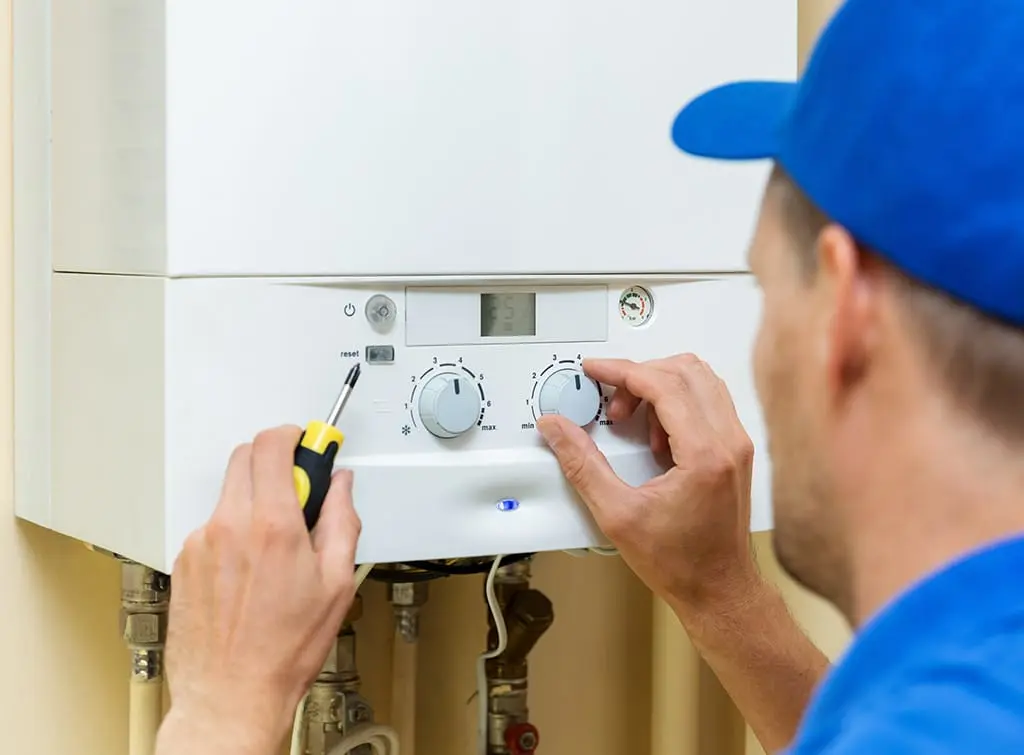
Who can install an electric heating system?
Finding a tradesperson qualified in electric heating systems is crucial to ensure safe and competent installation. Here's what to look for before you hire:
Gas Safe registered engineer: If you're replacing a gas boiler, you'll need a Gas Safe registered engineer to remove it safely
OFTEC registered engineer: An OFTEC registered engineer is needed for any heating system that involves oil
Qualified electrician: For any electrical installation work, such as fitting infrared panels, an electric boiler, or storage heater, hire a qualified electrician
Heating engineer: A heating engineer can advise on and install various types of heating systems, just make sure they hold the correct qualifications, as mentioned above
Finally, check that your installer has MCS certification for renewable energy technologies such as heat pumps.
Find an electric heating engineer near me
The best type of heating system for your home is one that meets the needs of your home and matches your available budget.
An experienced heating engineer will be able to discuss your requirements and help recommend the optimal solution for your property.
Search your postcode, below, to find certified electric heating engineers in your local area.
See the tradespeople we've checked and recommend for your job
FAQs
Is electric heating a good option?
If you're looking to reduce your carbon footprint or are not connected to the gas network, electric heating systems are a good option. They are clean, efficient, and low maintenance.
What are the disadvantages of an electric heating system?
The biggest disadvantage of an electric heating system is the cost of electricity, which is more expensive (per kWh) than gas. Some electric systems also have high upfront costs to install.
What are the advantages of an electric heating system?
Electric heating systems are super efficient, have a long lifespan, and require very little maintenance.
They are more environmentally friendly than a traditional system, especially when powered by renewable energy, such as solar.
They also offer more flexibility in how you heat your home - with the ability to heat individual rooms without having to fire up the whole system.
Is it expensive to run an electric heating system?
The running costs of electricity are generally higher than gas, but remember, electric heating is more efficient than gas or oil. You can try to reduce costs by using off-peak tariffs, renewable energy sources, and smart home management systems.
What's the most efficient electric heating system in the UK?
Heat pumps (both air source and ground source) are the most efficient types of heating system, often delivering between 300-400% efficiency.
What is the cheapest way to heat a house with electricity?
Infrared panels and modern electric storage heaters are among the cheapest types of electric heating. With storage heaters, you can use cheaper night-time tariffs such as Economy 7. Infrared panels heat objects, not the air, making them extremely efficient.
Can electric heating work in larger homes?
There's a misconception that electric heating systems are only suitable for smaller homes. However, hybrid systems or heat pumps can make electric systems more feasible for larger properties. Insulation is key for maximum effectiveness.
See the tradespeople we've checked and recommend for your job
